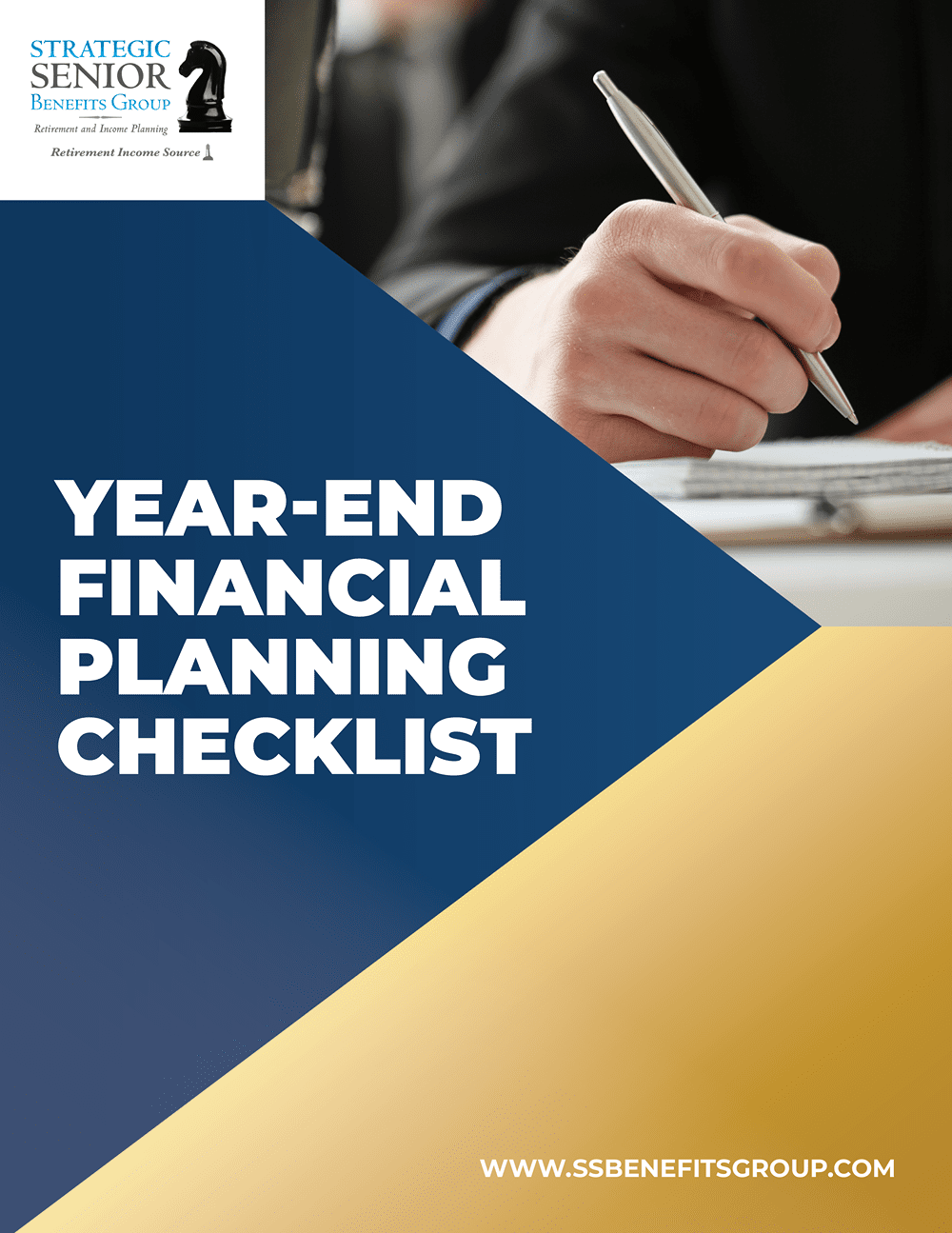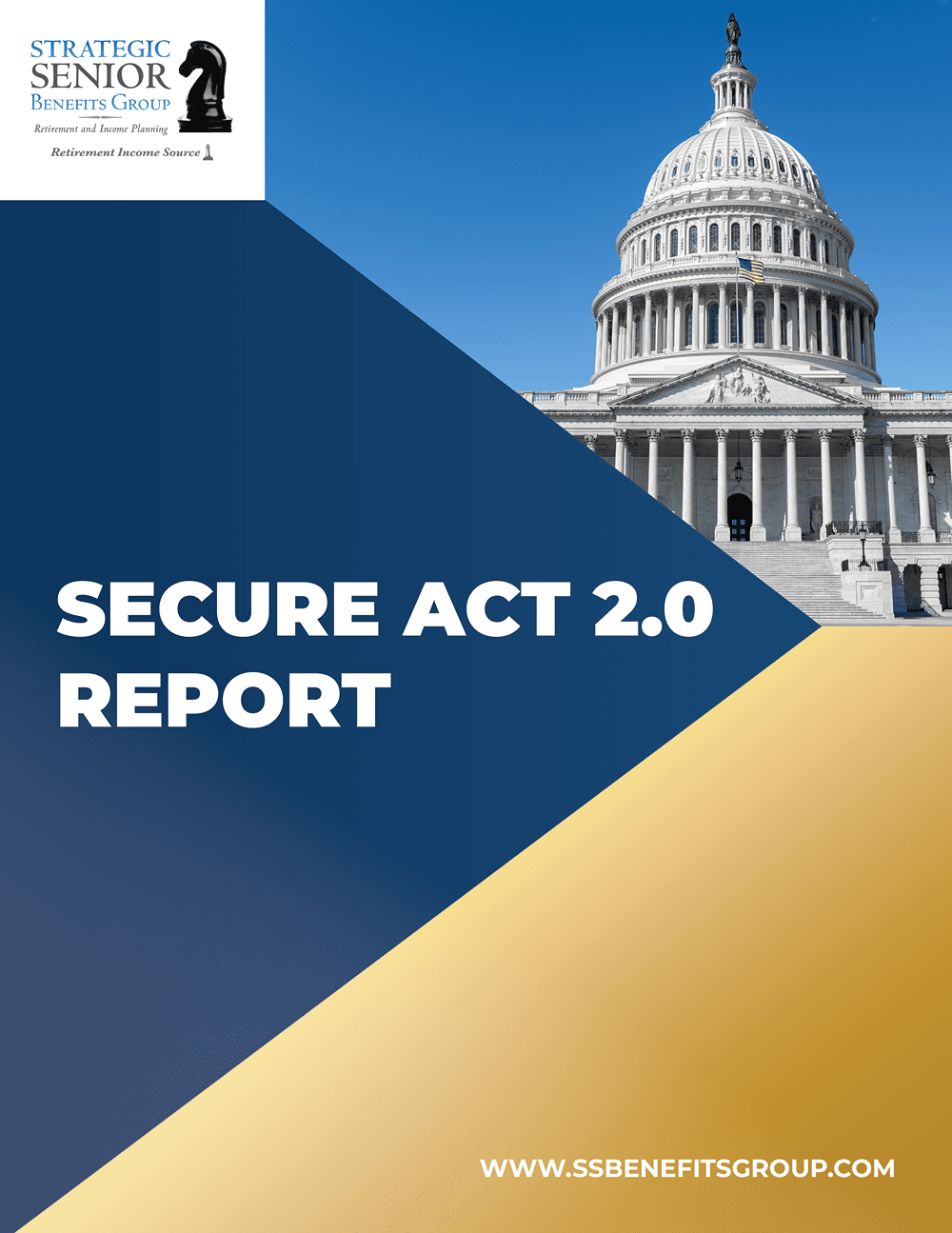Americans are notorious for overspending when the holiday season rolls around. While that may be good for the economy in the short term, it often ends up being bad for household budgets. Ultimately, though, overindulging a bit in spending during the holidays doesn’t need to create hardships if you know your broader financial situation is in good shape. In fact, the last two months of the year are a perfect time to create and go over a Year-End Financial Planning Checklist, ideally in partnership with your financial advisor.
The end of the year is the best time for this process because certain key financial deadlines fall on December 31. Beat them, and you’ll improve your odds of enjoying your holidays knowing you’re on track to meet your long-term financial goals, even if you decide to overspend a bit on gifts for the kids or grandkids. You can consider this year-end financial checkup a gift you give yourself! The items included on your checklist may vary depending on your age and situation, but if you are actively saving for retirement (especially if you are already retired or within 15 years of retirement), your Year-End Financial Planning Checklist should include the following:
Taxes
This is easily the most important and potentially beneficial area to examine before the year ends. One of the most common financial mistakes people make is waiting until February or March to meet with their CPA or advisor to talk about taxes. By that time, the deadline to correct mistakes or take advantage of any potential savings opportunities may well have passed. Having a tax meeting in November or December means you are taking a proactive approach to tax planning, which better ensures that you won’t end up giving the IRS any more of your hard-earned money than you absolutely must.
It’s important to have this meeting every November or December because tax laws and guidelines change from year to year, as does your own financial situation. A savings strategy that might not have been right for you last year (or for which you may not have qualified) may be a smart move that results in big savings this year.










